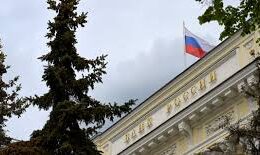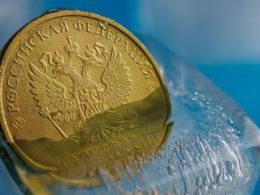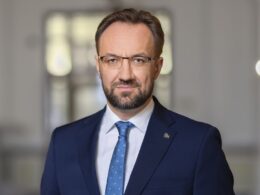On 20 December, the Ministry of Finance signed agreements with the World Bank to provide $2 billion through the Development Policy Loan (DPL) mechanism, Prime Minister Denys Shmyhal announced on social media.
In June, the leaders of the G7 countries agreed to provide Ukraine with a $50 billion loan, partially financed by interest generated from Russian assets confiscated following the start of the all-out war in February 2022.
"Ukraine has begun receiving the first funds from frozen Russian assets. The World Bank will provide $2 billion through the DPL mechanism. The Bank's Executive Board approved the allocation yesterday, and today, the Ministry of Finance of Ukraine signed the corresponding agreements with it," Shmyhal stated.
The DPL mechanism is a financial tool used by the World Bank to support countries' budgets, particularly during crises or significant reform efforts.
He noted that $1 billion will be provided as a grant from the World Bank's FIF fund, contributed by the US as part of the G7 initiative. An additional $1.05 billion will come as a loan guaranteed by the governments of Japan and the United Kingdom.
"Ukraine has completed all necessary steps to secure the funds. We are grateful to our partners for their support in our path toward economic development and recovery," the prime minister added.
Earlier, the US Treasury announced a $20 billion loan to Ukraine under the G7 initiative, which aims to allocate $50 billion using frozen Russian assets.
The Treasury Department emphasized that the funds will help ensure Ukraine has resources for emergency services, hospitals, and other foundations of its resistance.
Read more:
- Ukraine signs security pact with Sweden, securing €6.5 bn
- Zelenskyy to sign three security agreements in Stockholm today
- Lisbon pledges €126 mn defense assistance in security pact with Kyiv
- Ukraine and Belgium ink bilateral security and long-term support agreement





